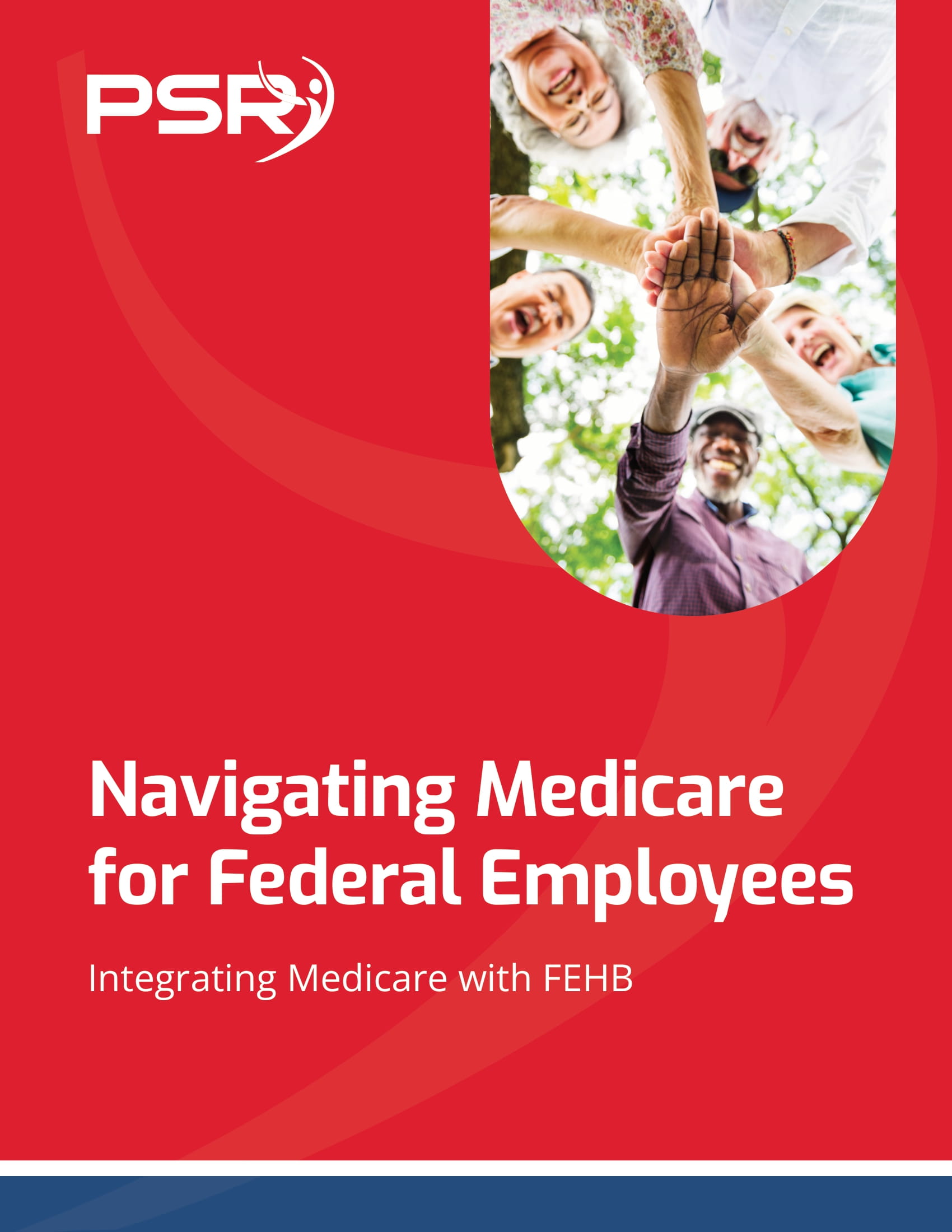Mark Heinrich said The years you work a job that is covered by Social Security, your pay history is logged in your Social Security record. You will get earnings credits that are based on said pay history.
To see if you are eligible to receive retirement, disability, or survivors benefits, these earnings credits will be used to make the decision.
- Also Read: Divorce and Your Federal Pension—What Happens When You Split Assets and How It Could Affect Your TSP
- Also Read: What Happens to Your Federal Benefits After Divorce? Here’s the Lowdown
- Also Read: The Best FEHB Plans for 2025: Which One Fits Your Lifestyle and Budget the Best?
For federal employees, accumulating Social Security credits should not only be important to think about regarding your current job but something to think about for any future jobs outside of the government if you choose to do so.
According to Mark Heinrich Employees under the Civil Service Retirement System (CSRS) may have more reason to continue working outside of the government. They may choose to work for some time in the private sector to earn sufficient Social Security credits to be eligible for SS benefits.
Those employees under the Federal Employees’ Retirement System (FERS) or CSRS-Offset earn credits toward Social Security as they work their federal jobs, unlike CSRS employees. However, some individuals may wish to continue working once they separate from the government if they have not worked a lot throughout their lives due to having long periods of time without work or starting their career later in life. Whatever the case may be, if they are short on credits, they may want to earn enough to be eligible for Social Security.
To earn credits, you have to put money into Social Security. You should see it on your pay stubs as a FICA or Social Security deduction.
According to Mark Heinrich For those of you that are curious as to how many credits you have earned or what your benefits currently look like, be sure to visit SSA.GOV.












